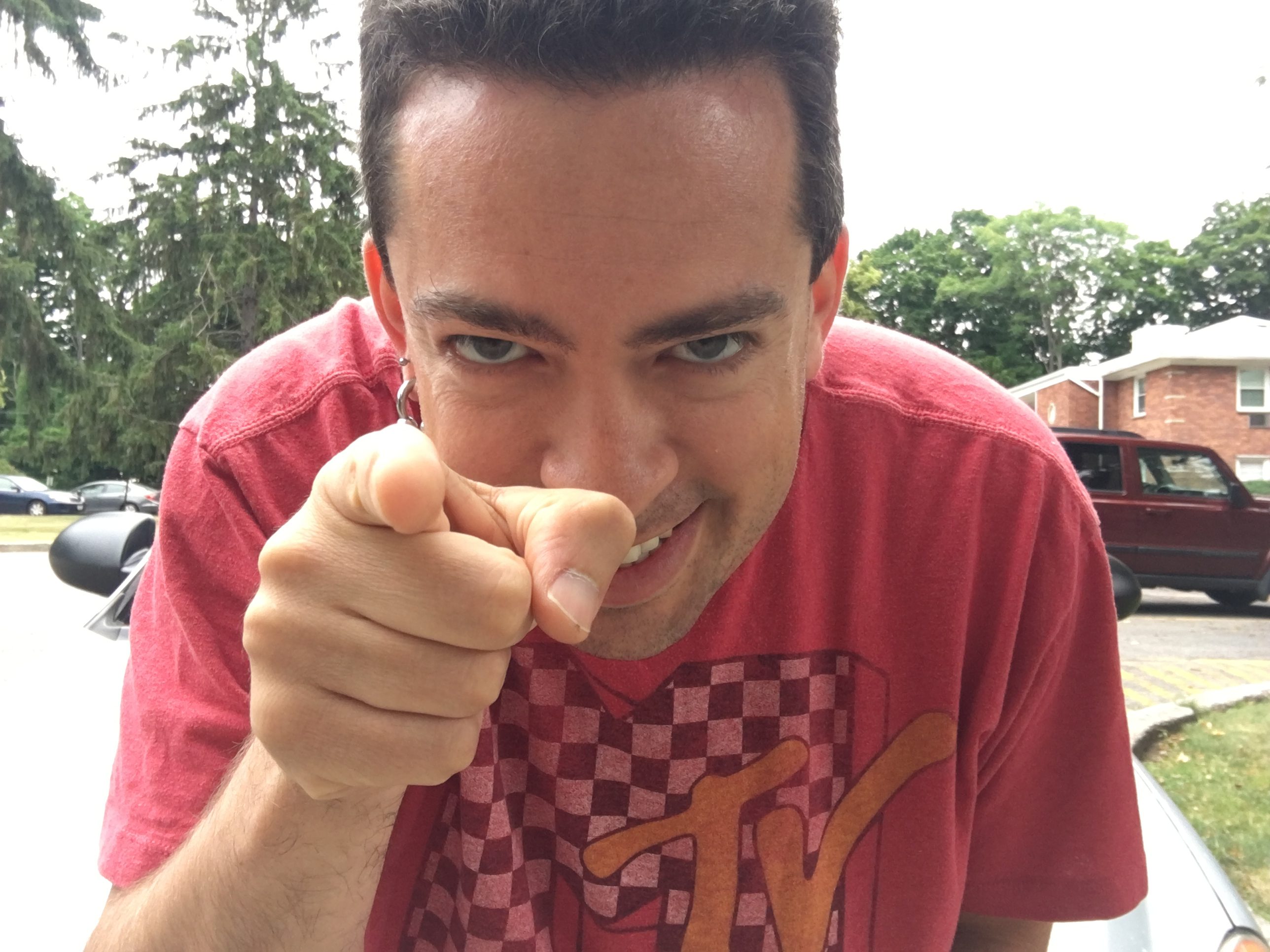 In my quest to be a healthier person, I am having a real rough time taking on good eating habits. The toughest part of this is not in having the willpower to avoid shopping for snack food, unhealthy food, or consuming more modest portions when left to my own devices.
In my quest to be a healthier person, I am having a real rough time taking on good eating habits. The toughest part of this is not in having the willpower to avoid shopping for snack food, unhealthy food, or consuming more modest portions when left to my own devices.
The tough part is in avoiding situations where eating, and eating lots of potentially fattening food, is the social convention. You see, we live in a culture where most social situations have meals at the center of them:
- We meet our family/friends for lunch.
- We have a date for dinner.
- We can’t to a ball game, concert, play, or show of any kind without first walking through the “eatery”.
- One can’t go on a cruise ship vacation without excessive dining. That’s what the ships are for. Every single activity had on a cruise ship has eating at the center of it.
- Many of my friends vacation intentionally for the sake of new dining. These are what we call “foodies.” Heck, the majority of vacation spots get that reputation for their food. Disney World, a place where food is hardly supposed to be the focus, is now known as a food “hot spot.”
From what I have observed, food is not only a form of entertainment, it is the dominant form of entertainment in our society today. Junk food (another word for food used for entertainment purposes only) is accessible where all other forms of entertainment can be found. The opposite however, is not true. I don’t recall listening to Jazz playing from a vending machine while I wait for the Doritos to come down.
THIS is one of the reasons why, when pursuing a healthier life, one can not merely change their eating habits. This will never work in the long run. Not with the social pressures of poor eating habits all around us in our everyday activities. Sooner or later one will adapt to the social convention we are in, and go right back into the same poor eating habits that the activities we are doing, and people we are with, influence us to have.
To live a healthier life, we must change EVERYTHING. All the activities we engage in throughout the day.
Wanna hang out with a friend? Meet them at the park, or have them over your home for coffee or juice. Or better yet, schedule and ACTUAL activity with them. Something physically and/or mentally stimulating. Outdoor sporting and gaming are good for this. Indoor gaming is great too.
It doesn’t even NEED to be physical, it just needs to be busy. Because you see ……. I believe that we snack because we are bored. That’s right. Bored out of our minds. We need filler food (usually junk food) while we engage in various activities throughout the day to fill the gaps of boring moments between exciting moments.
The best example to support this that I can think of is sporting events. I don’t care which sport we like (baseball, football, basketball, hockey, whatever), the majority of these have long stretches of “nothings going on” in between short 10 second moments of actual game-play action. Those are the moments we fill the time by stuffing our faces.
So ….. what do I plan to do, and what should we all do?
When we eat, eat regulated portions and privately. A meal need not be more than 30 minutes long. Avoid “eating” activities just for the sake of socialization; one need not be eating to socialize. Prepare ourselves mentally for the fact that this change alone may greatly alter our social circles. Engage in more stimulating activities.



 “Don’t depend on anyone to make you happy.”
“Don’t depend on anyone to make you happy.”
 People looooove to play the “blame game.” I see it all the time. Whether on a public forum (like social media), or in peoples more personal lives, people feel useful pointing the finger at who or what they believe is the source of a problem. People do it with regard to national/world politics, workplace operations, household affairs, and basically all social groups. It’s a great way to create the illusion of productivity while at the same time relieve some angst.
People looooove to play the “blame game.” I see it all the time. Whether on a public forum (like social media), or in peoples more personal lives, people feel useful pointing the finger at who or what they believe is the source of a problem. People do it with regard to national/world politics, workplace operations, household affairs, and basically all social groups. It’s a great way to create the illusion of productivity while at the same time relieve some angst.